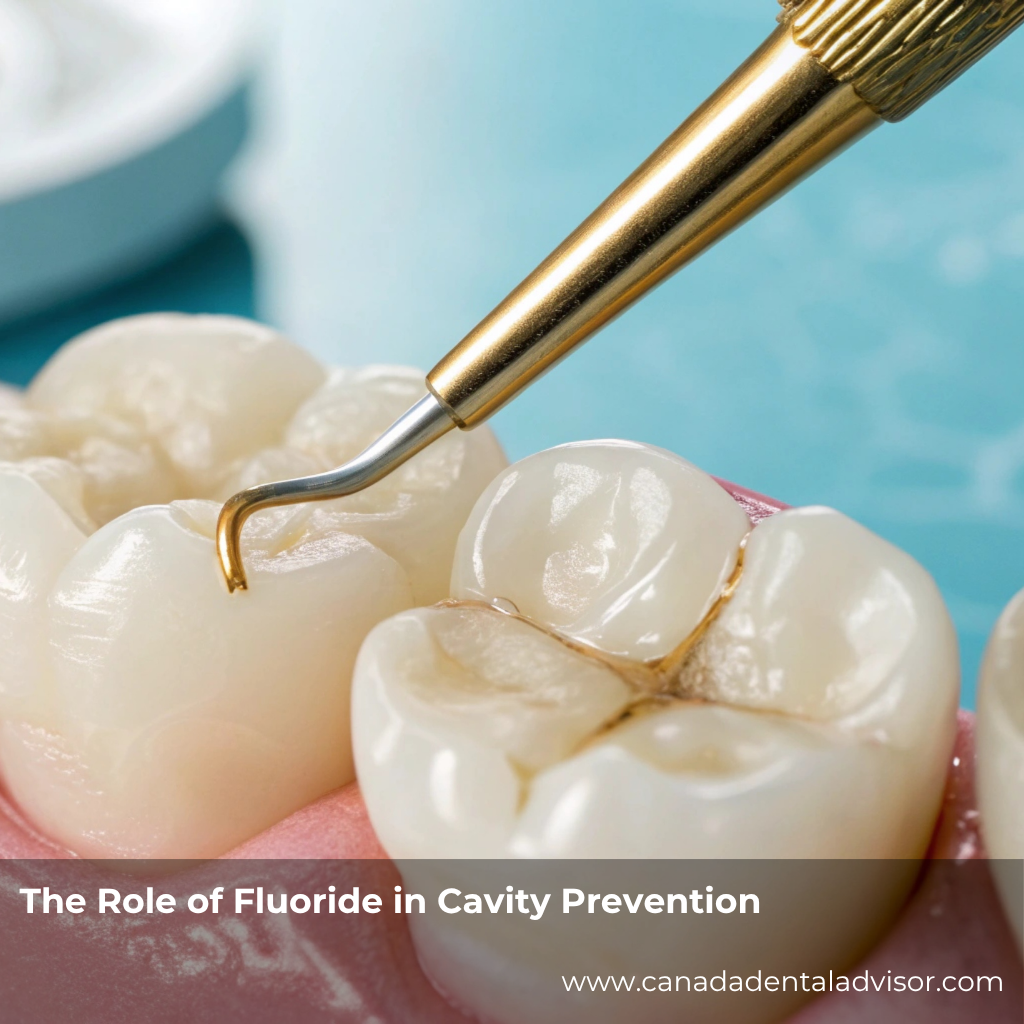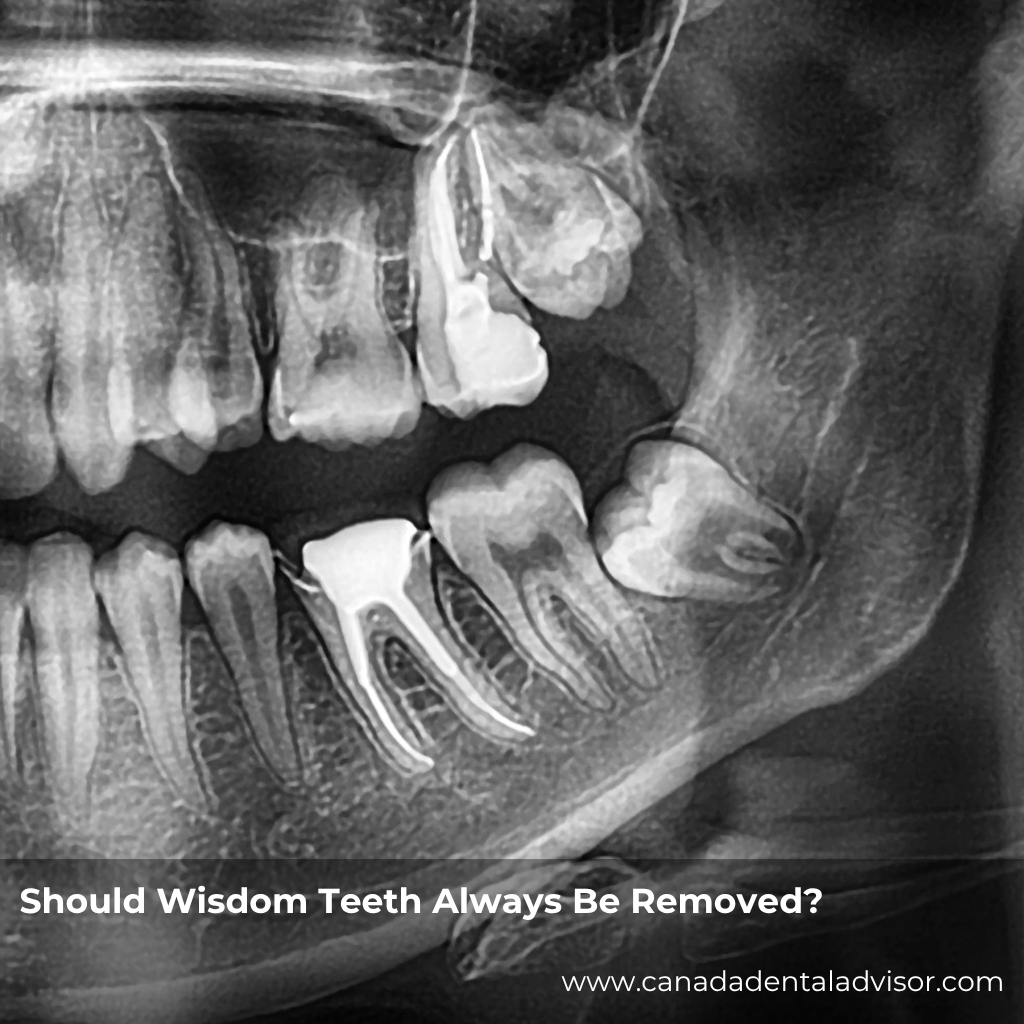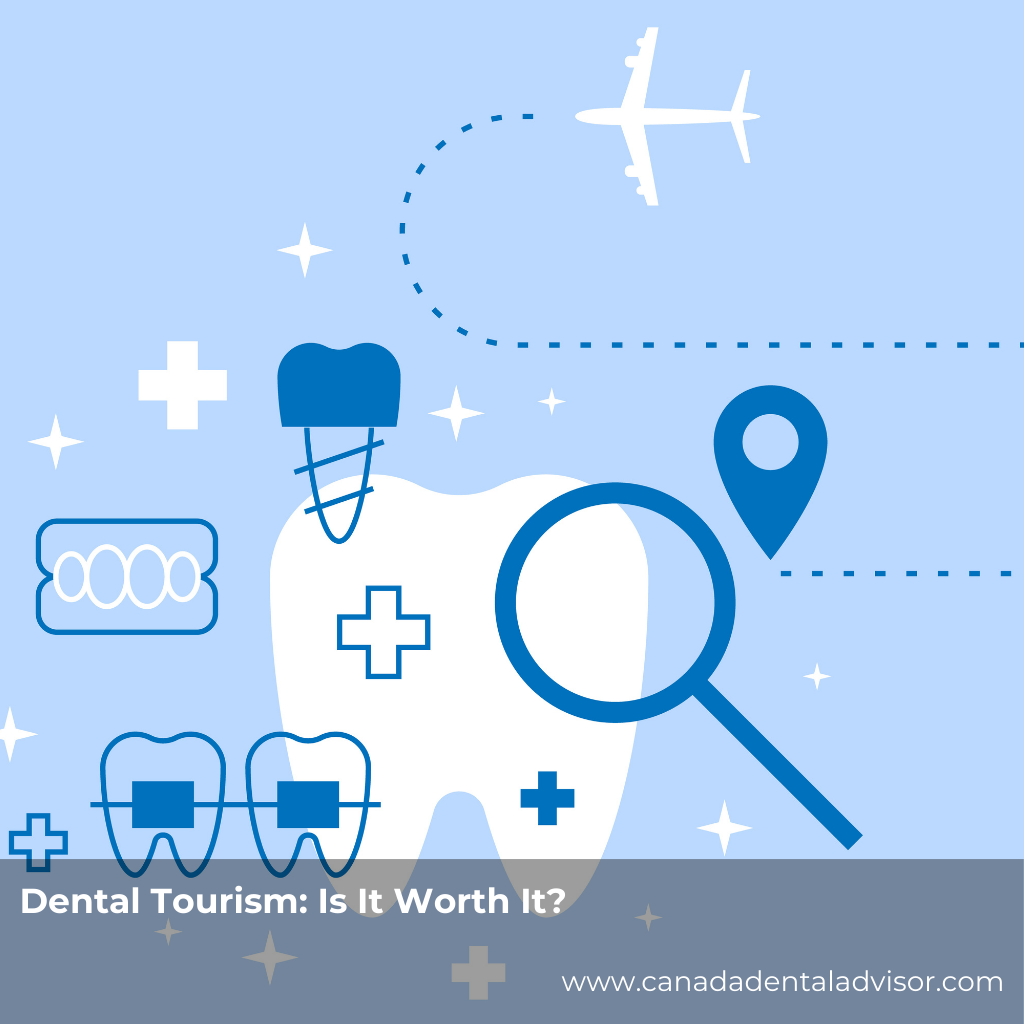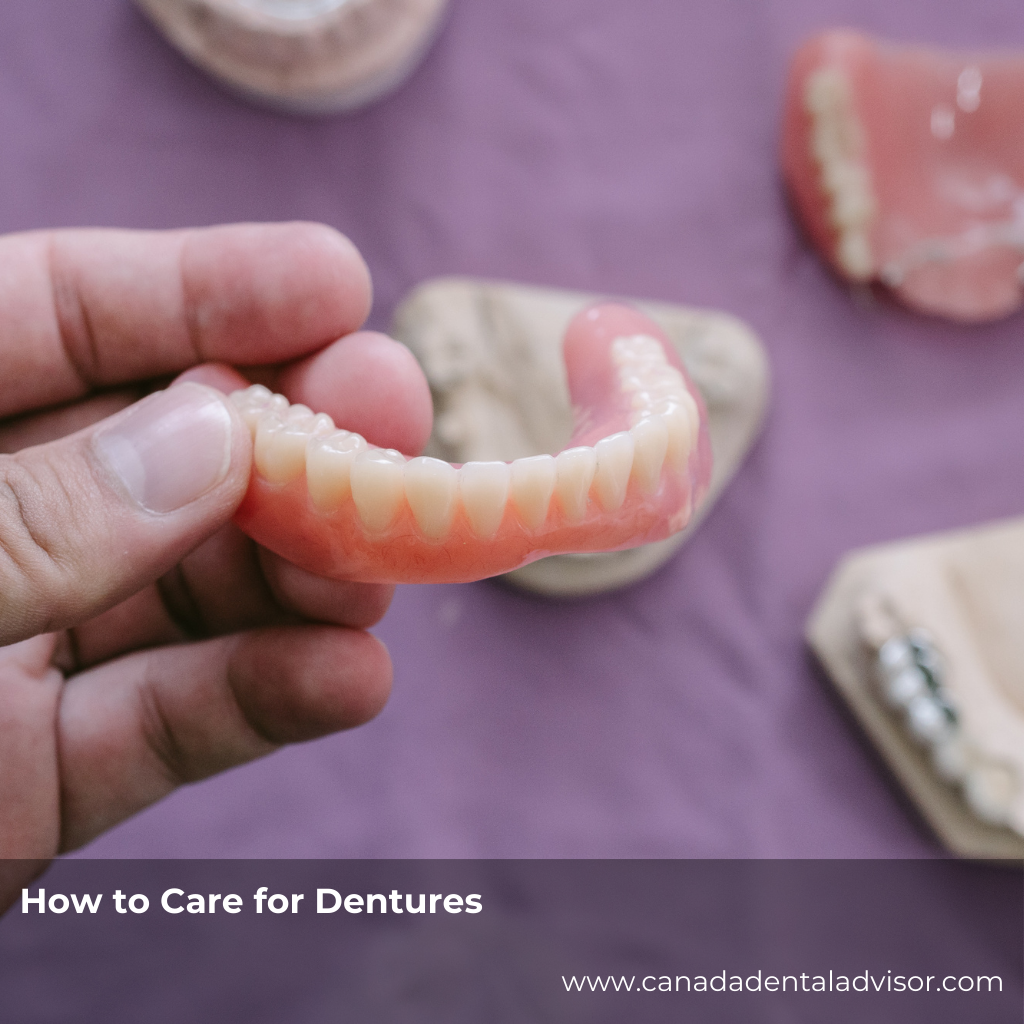A Story That Begins With a Smile
Take Emma, a 32-year-old professional who visits her dentist twice a year. Despite her diligence with brushing, she often leaves with the same frustrating news: another small cavity. Her dentist decides to take a more individualized approach, starting with a deeper look at Emma’s habits, diet, and fluoride exposure. The result? A customized fluoride care plan that finally helps her break the cycle of decay.
Emma’s story isn’t unique—it’s the reality for millions of patients. While fluoride works wonders on its own, its full potential is unlocked when dental professionals tailor its use to each individual’s needs.
Understanding Fluoride: The Cavity-Fighting Champion
Fluoride is a naturally occurring mineral found in water, soil, and various foods. Its cavity-fighting power comes from its ability to:
-
Remineralize enamel: Fluoride helps repair the early stages of tooth decay by replenishing lost minerals in enamel.
-
Strengthen tooth structure: It makes enamel more resistant to acid attacks from plaque and bacteria.
-
Reduce bacterial activity: Fluoride can inhibit the growth of harmful oral bacteria that contribute to cavities.
From toothpaste and mouth rinses to professional treatments and fluoridated community water, fluoride offers a simple yet powerful way to protect teeth. But just as every patient is unique, so are their fluoride needs.
The Power of Individualized Fluoride Care Plans
An individualized care plan goes beyond the “one-size-fits-all” approach. It considers factors such as a patient’s oral hygiene habits, diet, medical history, and risk of decay.
Here’s how personalized fluoride strategies can transform patient outcomes:
1. Improved Treatment Outcomes
Not all patients need the same fluoride concentration or delivery method.
-
High-risk patients (such as those with frequent cavities, dry mouth, or orthodontic appliances) may benefit from professional fluoride varnishes or high-fluoride toothpaste.
-
Low-risk patients may only need fluoride from daily toothpaste and drinking water.
By adjusting fluoride strength and frequency based on each patient’s risk profile, dentists can deliver targeted results and reduce the likelihood of recurrent decay.
2. Enhanced Patient Compliance
Patients are more likely to follow treatment plans when they understand the “why” behind them. Personalized discussions about fluoride’s role—and how it fits into their lifestyle—make recommendations more meaningful.
For example, Emma’s dentist discovered she sipped coffee throughout the day, keeping her mouth acidic. Her plan included a neutralizing rinse and nighttime fluoride gel, which made the science feel personal and easy to follow. Within six months, her enamel showed measurable improvement.
3. Long-Term Oral Health Benefits
When fluoride use becomes part of a broader, customized care plan, the benefits compound over time. Patients experience fewer cavities, reduced sensitivity, and stronger teeth well into adulthood.
Moreover, personalized fluoride recommendations encourage consistency—an essential factor in maintaining results long-term.
How Dentists Build Individualized Fluoride Plans
Creating these care plans involves a blend of science, observation, and patient collaboration. Most dentists follow a process like this:
-
Risk Assessment: Evaluate a patient’s caries history, saliva flow, diet, and oral hygiene habits.
-
Fluoride Source Review: Determine current fluoride exposure from water, toothpaste, and diet.
-
Customized Recommendation: Suggest the appropriate fluoride type (varnish, gel, mouth rinse, or supplement).
-
Patient Education: Explain the purpose, usage frequency, and expected outcomes.
-
Monitoring and Adjustment: Track progress at follow-up visits and fine-tune the plan as needed.
The result? A care plan that feels personal, evidence-based, and achievable.
Bridging Science and Human Connection
Dentistry has always been a balance of science and empathy. Fluoride provides the scientific foundation, but personalization builds the bridge between clinical knowledge and real-world results.
Patients like Emma don’t just want solutions—they want understanding. When they see their dentist taking time to tailor care to their needs, trust grows. That trust translates into better compliance, more consistent at-home care, and ultimately, a healthier smile.
The Bigger Picture: Community and Prevention
Individualized fluoride care doesn’t just help one patient—it strengthens communities. By combining public health initiatives like water fluoridation with personalized care plans, dentists can reduce cavities across all age groups.
Children receive protection during crucial developmental years, while adults maintain their enamel and confidence through preventive care. This holistic approach reinforces that oral health isn’t a one-time fix—it’s a lifelong journey supported by knowledge and trust.
Conclusion
Fluoride has stood the test of time as one of dentistry’s greatest preventive allies. Yet its real power shines when paired with individualized care. By tailoring fluoride use to each patient’s lifestyle, risk factors, and goals, dental professionals can transform treatment outcomes, encourage compliance, and foster long-term oral health.
Just like Emma, every patient deserves a fluoride story with a happy ending—and it begins with a personalized plan.
FAQs
1. How does fluoride prevent cavities?
Fluoride strengthens enamel and helps reverse early tooth decay by promoting remineralization and reducing acid-producing bacteria.
2. Is fluoride safe for everyday use?
Yes. When used as directed by a dentist or through fluoridated water and toothpaste, fluoride is both safe and effective.
3. Can children and adults use the same fluoride products?
Not always. Children require age-appropriate fluoride concentrations to prevent excessive intake, while adults may benefit from higher levels if they’re cavity-prone.
4. How often should I receive professional fluoride treatments?
Dentists usually recommend professional fluoride applications every 3–6 months for high-risk patients and annually for others.
5. What if I already use fluoridated toothpaste?
That’s great! However, your dentist may suggest additional fluoride products if you have a higher risk of decay or specific oral health challenges.
6. Can fluoride reverse cavities?
Fluoride can repair the earliest stage of decay (white spots) but cannot reverse advanced cavities. Early detection is key.
7. What are the signs I need more fluoride?
Frequent cavities, sensitivity, or dry mouth may indicate a need for more fluoride protection. Ask your dentist for a personalized evaluation.












